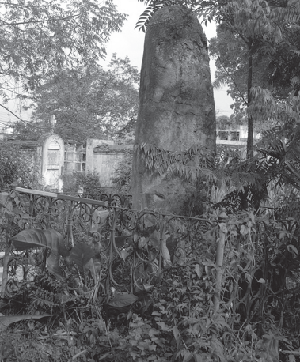Abstract
This article presents a critical look of the historical valuation of the Colombian national heritage, through a case of stigmatization exemplified in The Cemetery Universal in Bucaramanga (1910-2010). It seeks to answer the question: What are the social processes that influence the valuation of historic cemeteries in Colombia? The approach to this question is based on the theory based on the construction of stigma, dehumanization, demonization and atypical burials (deviance); from which we seek to identify disqualifying attributes that gave to this burial ground the name: dog cemetery. The results reveal that there is primarily a stigma for the deceased which are non-Catholic, other judgments joined to this stigma as liberal political affiliation; low economic status; socially censured behaviors, especially prostitution and suicide; and causes of violent deaths. The data is processed using a mixed methodology: qualitative and quantitative, encompassing written sources, interviews, surveys and analysis of tombstones and burial licenses. This paper hopes to encourage interest in the equity valuation of the Colombian cemeteries, and to offer new perspectives in research in these spaces of commemoration and remembrance of collective memory.
Apuntes is registered under a Creative Commons Attribution 4.0 International Public License. Thus, this work may be reproduced, distributed, and publicly shared in digital format, as long as the names of the authors and Pontificia Universidad Javeriana are acknowledged. Others are allowed to quote, adapt, transform, auto-archive, republish, and create based on this material, for any purpose (even commercial ones), provided the authorship is duly acknowledged, a link to the original work is provided, and it is specified if changes have been made. Pontificia Universidad Javeriana does not hold the rights of published works and the authors are solely responsible for the contents of their works; they keep the moral, intellectual, privacy, and publicity rights.
Approving the intervention of the work (review, copy-editing, translation, layout) and the following outreach, are granted through an use license and not through an assignment of rights. This means the journal and Pontificia Universidad Javeriana cannot be held responsible for any ethical malpractice by the authors. As a consequence of the protection granted by the use license, the journal is not required to publish recantations or modify information already published, unless the errata stems from the editorial management process. Publishing contents in this journal does not generate royalties for contributors.


